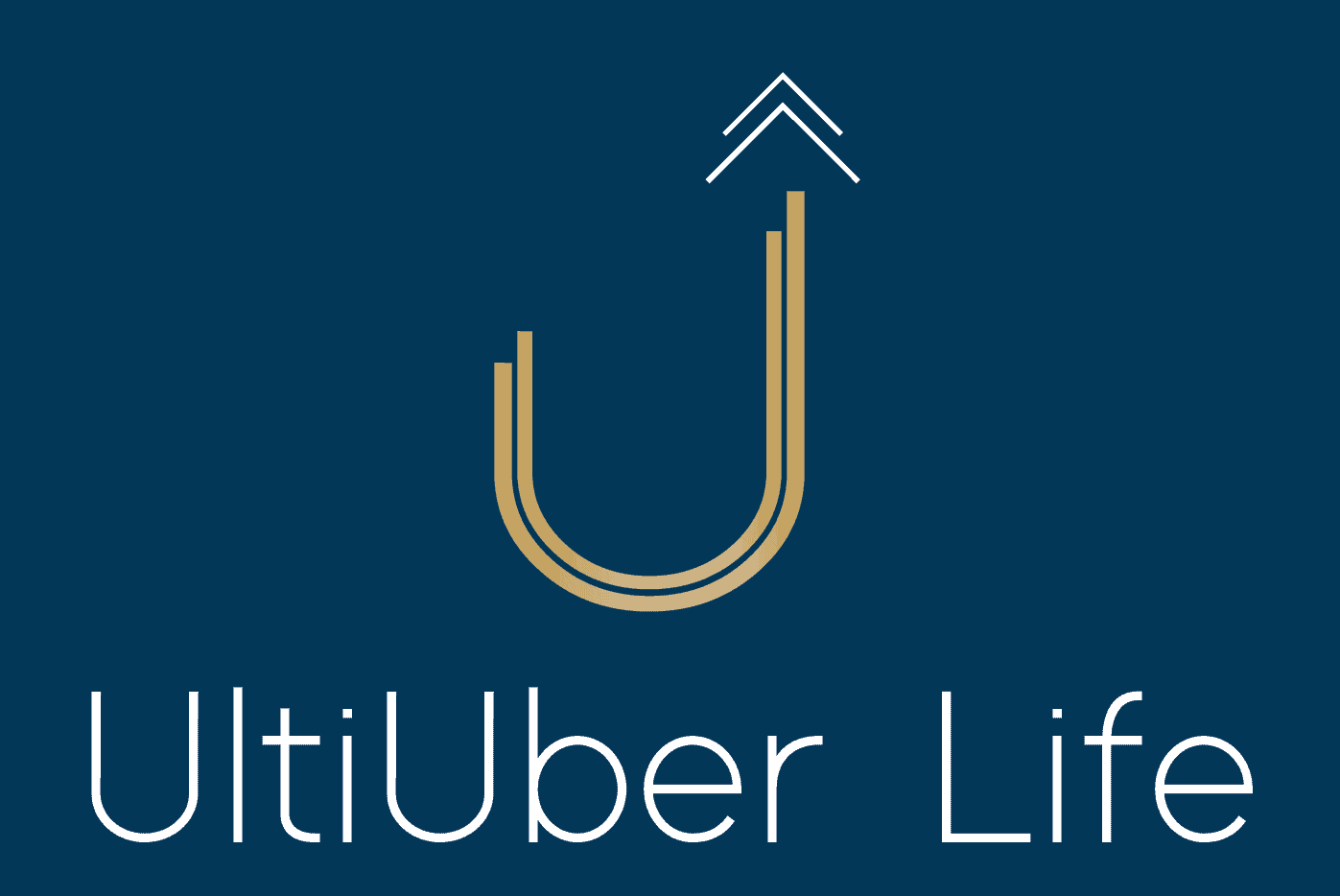Addiction controls the body and mind, making it difficult to step away, whether it’s drinking, smoking, or another substance. If you’re struggling with an addiction and want to stop, then you’ve already taken one of the hardest and most important steps of recognizing the harm of the habit and cultivating the desire for change.
Here, we want to help you keep up the good work. Read on to learn how to release yourself from an addiction and recover your autonomy and well-being.
Recognize the Power of Decision
Recognize that you have the power to control your habits—they don’t have to control you. If you’re reading this blog, then you’ve already started this step.
Empower yourself further by fully accepting the depth of your struggle without judgment. Instead, approach it with the clarity of purpose.
Recognizing your addiction as a challenge that you can address helps to set the foundation for a structured approach to recovery. You are responsible for your healing, and your decisions have the power to help you get there.
Establish a Trustworthy Support Network
Taking on challenges becomes much easier when you surround yourself with people who support you and make it easy to cultivate healthy habits. If you have these types of people in your life, keep them at the forefront of your social circle.
Get closer to empathetic people who respect your decision to change and don’t make you feel bad or like you’re missing out for quitting your addiction. This network can include friends, family, or members of support groups who have gone through similar challenges.
Their experiences, advice, and emotional support can provide the strength and motivation you need to continue on the path of recovery, particularly during moments of doubt or weakness.
Keep the Long Term in Mind
Having a long-term vision for your life can be essential in preventing addiction relapse. Overcoming an addiction is hard, hard work, but the reward is invaluable: a healthier, autonomous life.
So keep the long-term in mind by setting goals beyond immediate gratification, fostering a vision of a life abundant with achievements and healthy relationships.
Develop New, Healthier Habits and Interests
One of the most effective methods to combat addiction is to replace destructive habits with constructive ones. Engaging in new hobbies, learning new skills, or dedicating time to physical fitness diverts your mind and strengthens your body and spirit.
This constructive rechanneling of energy will also build your self-esteem and sense of accomplishment, which are vital to recovery. Over time, these new habits become the pillars of a new lifestyle, distancing you from the triggers and temptations of your addiction.
Releasing yourself from an addiction is hard work, but it’s important work that will lead you to a healthier, happier life. With determination, support, and the right strategies at your disposal, you can restore freedom to yourself.



